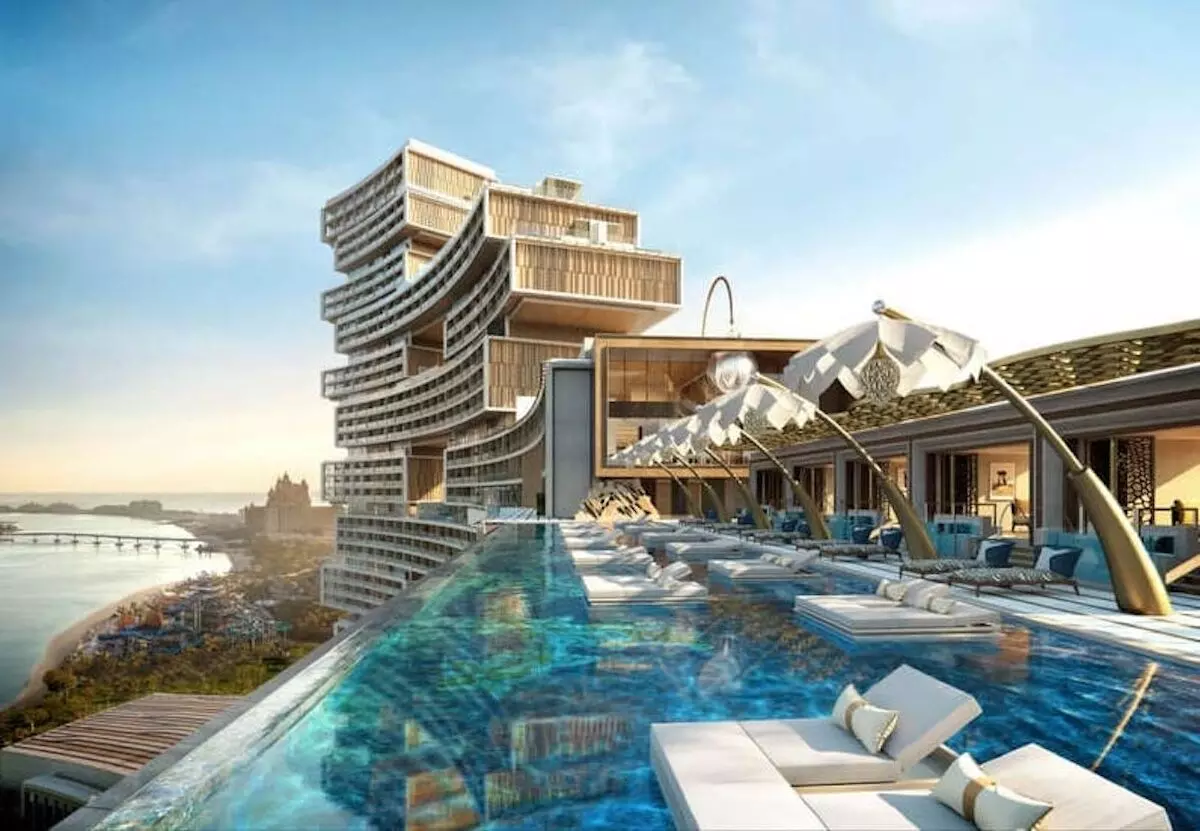How Virtual Reality and Augmented Reality Are Transforming Dubai's Real Estate Industry
The introduction of virtual reality (VR) and augmented reality (AR) technologies is transforming the real estate industry in Dubai, reshaping how properties are bought, sold, and experienced
Dubai Realestate

Dubai, a leader in innovation and renowned for its ambitious architectural feats, is witnessing a transformation in its real estate industry through the integration of virtual reality (VR) and augmented reality (AR) technologies. These cutting-edge tools are revolutionising how developers, agents, and buyers interact with properties, enhancing efficiency, immersion, and transparency throughout the process.
Exploring Homes Without Leaving Your Own
One of the most impactful ways VR is reshaping real estate is through virtual property tours. Previously, prospective buyers had to visit multiple sites in person, often leading to a stressful and time-consuming experience. With VR, buyers can now explore homes from the comfort of their own locations, regardless of their geographical situation. These immersive tours allow potential buyers to navigate rooms, examine layouts, and feel the ambience of a property as if they were actually there. This is particularly advantageous in Dubai’s market, where many international buyers may lack the time to conduct multiple site visits.
Pre-Construction Property Visualisation
Dubai's continuous influx of new projects often means properties are sold before construction is completed, presenting a challenge for buyers needing to visualise non-existent homes. AR addresses this issue by enabling developers to overlay digital models of future properties onto real-world environments, providing buyers with a clear vision of what their future residence will look like. Instead of relying on static floor plans or 3D renders, prospective homeowners can use AR to virtually walk through spaces that are still under construction, even customising design elements such as flooring, wall colours, and furniture arrangements, thus offering a highly personalised buying experience.
Streamlining Decision-Making with Interactive Elements
VR and AR not only enhance visualisation but also streamline the decision-making process. Increasingly, developers in Dubai are utilising interactive AR apps that allow buyers to explore floor plans in real-time. For instance, an app might enable users to choose different layout options, furniture styles, or finishes, instantly updating the visualisation to reflect their selections. This interactivity speeds up decision-making while making the experience enjoyable, allowing buyers to experiment with configurations and envision their future living spaces.
Saving Costs and Time for Developers
For developers, embracing VR and AR goes beyond impressing buyers; it also boosts efficiency. Traditional property development typically involves significant investments in physical showrooms, model homes, and printed marketing materials. VR and AR significantly reduce, if not eliminate, many of these expenses by offering digital alternatives. Moreover, these technologies shorten sales cycles. With virtual tours and interactive features, buyers can make decisions faster without waiting for in-person visits or spending hours reviewing design options—all available at their fingertips. This efficiency benefits both buyers and sellers, reducing friction in transactions and accelerating the overall sales process.
Virtual reality and augmented reality are fundamentally altering how Dubai’s real estate industry operates. From virtual tours to interactive customisations, these technologies are enhancing the buying experience, making it quicker, more transparent, and more enjoyable. Developers, too, are reaping the rewards of cost savings and shorter sales cycles. As these technologies continue to advance, their role in Dubai’s real estate market is set to expand. For all stakeholders in Dubai’s real estate sector, embracing VR and AR is not merely an option—it represents the future.

